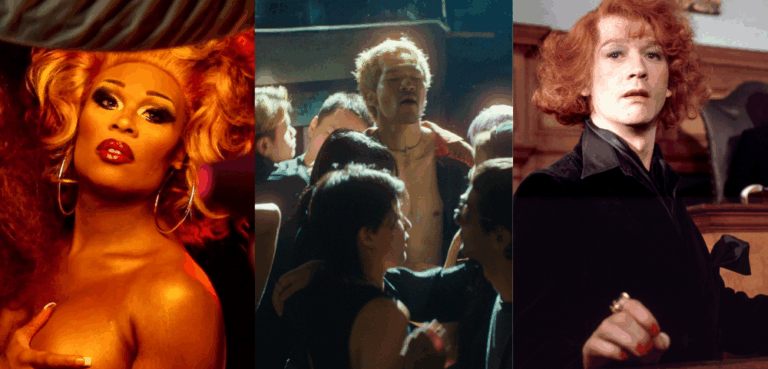
Tasmanian Independent Andrew Wilkie was right in June when he called the Gillard Government’s refusal to allow Certificates of No Impediment (CNIs) for same-sex couples marrying overseas “petty”. It was a pretty accurate descriptor.
In many ways, Prime Minister Julia Gillard’s hands are tied. She has voiced her opposition so many times she can hardly move in another direction. So much for moving forward.
As more countries and US states start to offer gay marriage, the Gillard Government’s refusal to acknowledge that other countries dare offer same-sex couples the same respect afforded to heterosexual couples is a scrap she can surely afford to throw our way. Carefully executed, this act of good grace would surely not cause her too much heat. These prohibitions are difficult to maintain when faced with reality.
Romantic tales gushed out of New York over the weekend. Two grandmothers, with five children and 12 grandchildren between them, were able to formalise their union after after a decade together. Given the changes in attitude this pair must have seen, it’s hard to come up with a solid reason they shouldn’t be allowed to tie the knot.
Closer to home, these stories, that of everyday people wanting to marry their partners,
hit our newsdesk weekly. But this thorny debate seems easily clouded.
Former radio identity turned writer Helen Razer has been poking a stick in the LGBTI community beehive lately.
On the ABC’s opinion site The Drum last week, Razer follow up an opinion piece she penned in March, for which she was roundly chided, but sometimes congratulated for.
“Marriage equality is not a truly progressive struggle but an effort to privilege one kind of relationship, long-term and monogamous, above all others,” Razer wrote.
And more recently. “I’ve had it up to the Ninth Grade telling you that a longing for a vanishing, hetero-normative gold standard is NOT about equal rights. It is an intimate act of self-loathing.”
I will certainly not counter her exasperation that married couples are lauded above and beyond all other relationship arrangements — in my opinion, completely unnecessarily — but the issue in the fight for marriage equality for same-sex couples is a different one. It’s quite simply about choice.
As many people who agree with Razer’s frustration at the institution, there are just as many LGBTI couples who don’t.
In what was possibly a fairly brave move, local women’s rights activist Alison Thorne put decades of feminist thinking on marriage aside and stood shoulder to shoulder at a 2009 Equal Love rally to call for gay marriage rights.
Same-sex marriage, she contended, like other reforms to marriage in the past such as divorce laws, would help “an oppressive institution” into the opposite.
When the stakes are more even, perhaps then we can debate the merits of what it is the gay and lesbian community was actually fighting for in the first place. But at least we will all be at the discussion table.
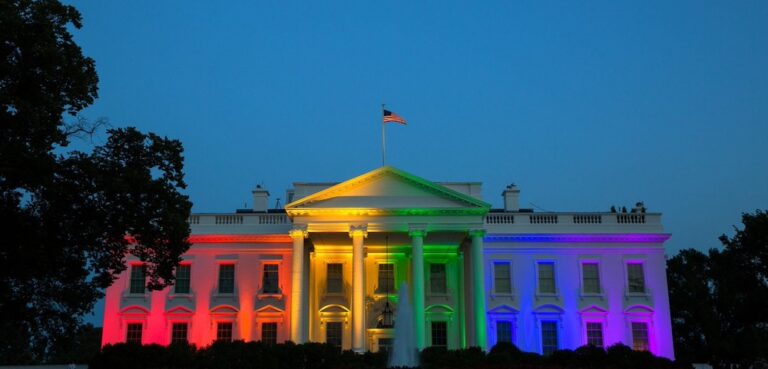
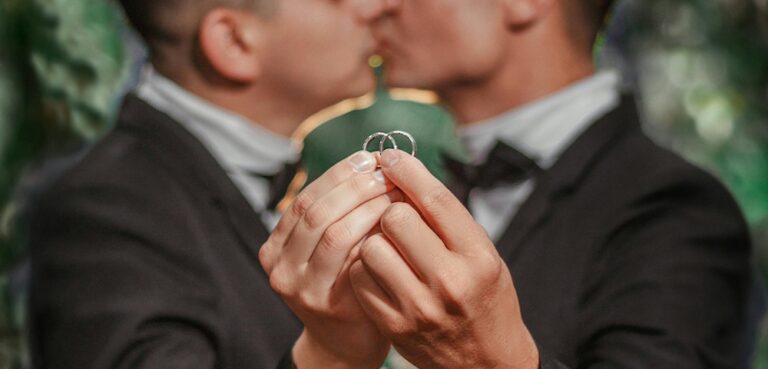
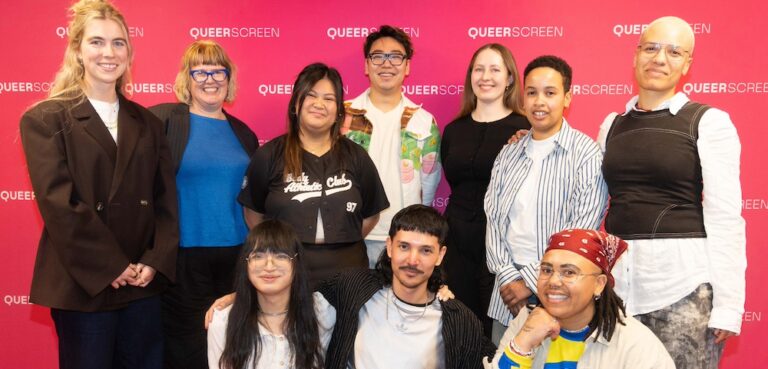
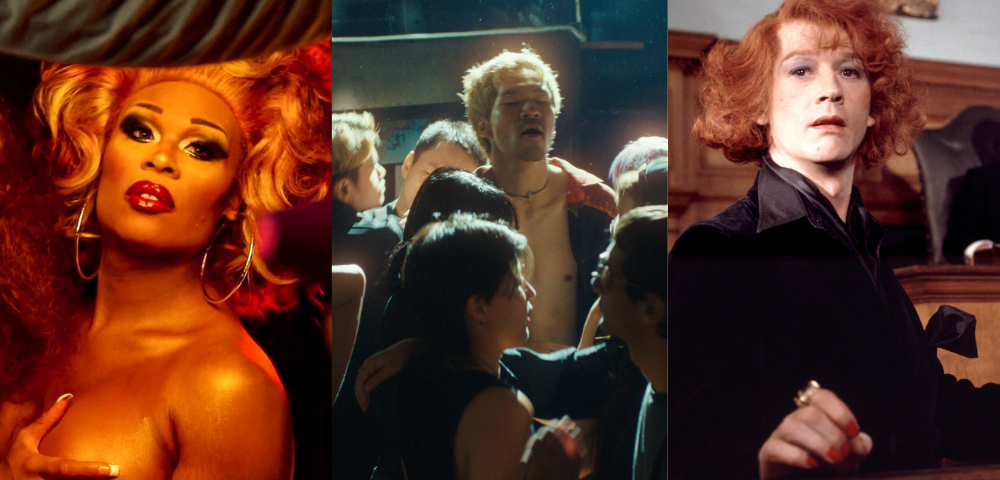

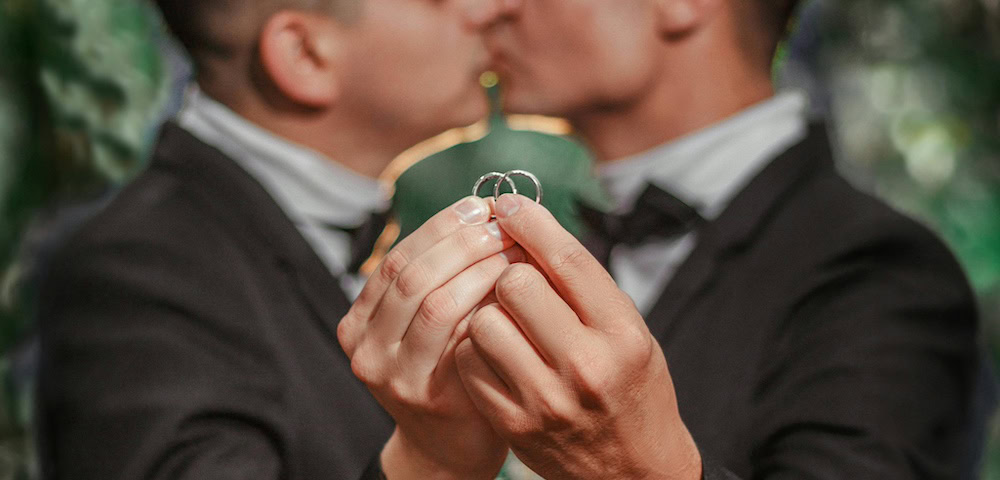

Parties with a small support base are susceptible to infiltration by special interest groups, be they land-developers or homophobic religious bigots. This is reflected in social policy adopted by the major voices of both major parties. Aspects of the religious lobby are better organised than us; in a marginal electorate they are considered to influence up to 5% of the overall vote. Except in perhaps one or two marginal electorates we cannot hope to exert this much influence: We have to rely on the good will of our heterosexual allies, and we must consider some of those will be christians.
We have to accept that we will vote for all parties and any forward strategy will have to gain bi-partisan support. Our leaders are divided on goals and strategy and good will is near fractured.
We gained a little by exodus from the ghettos, but lost a lot.